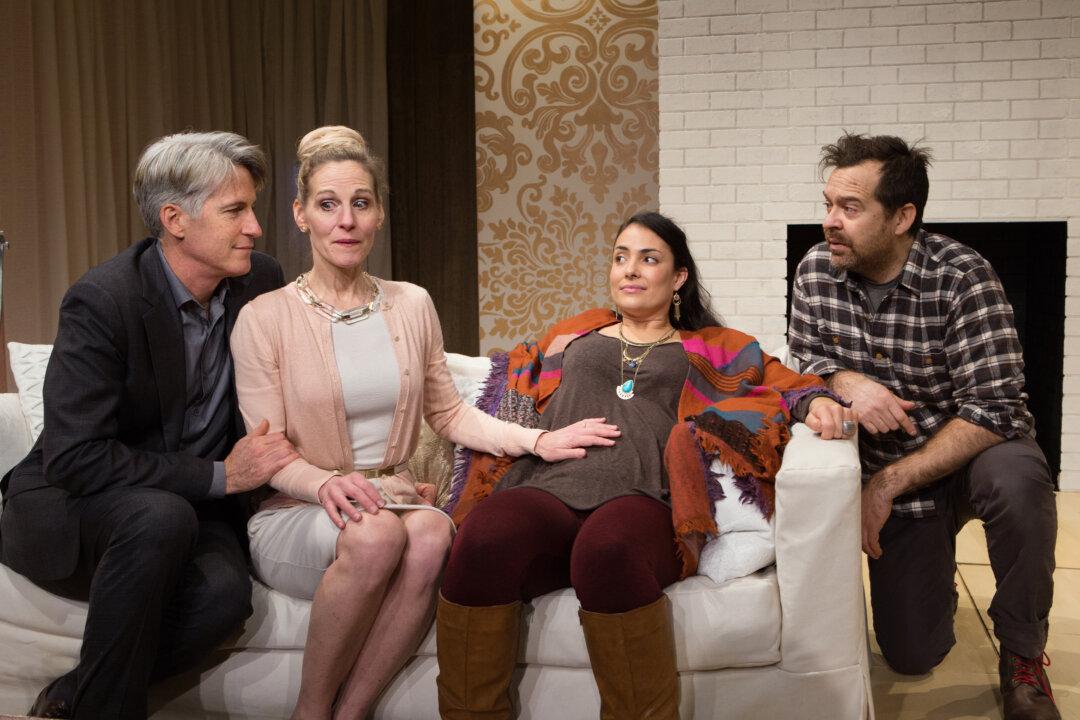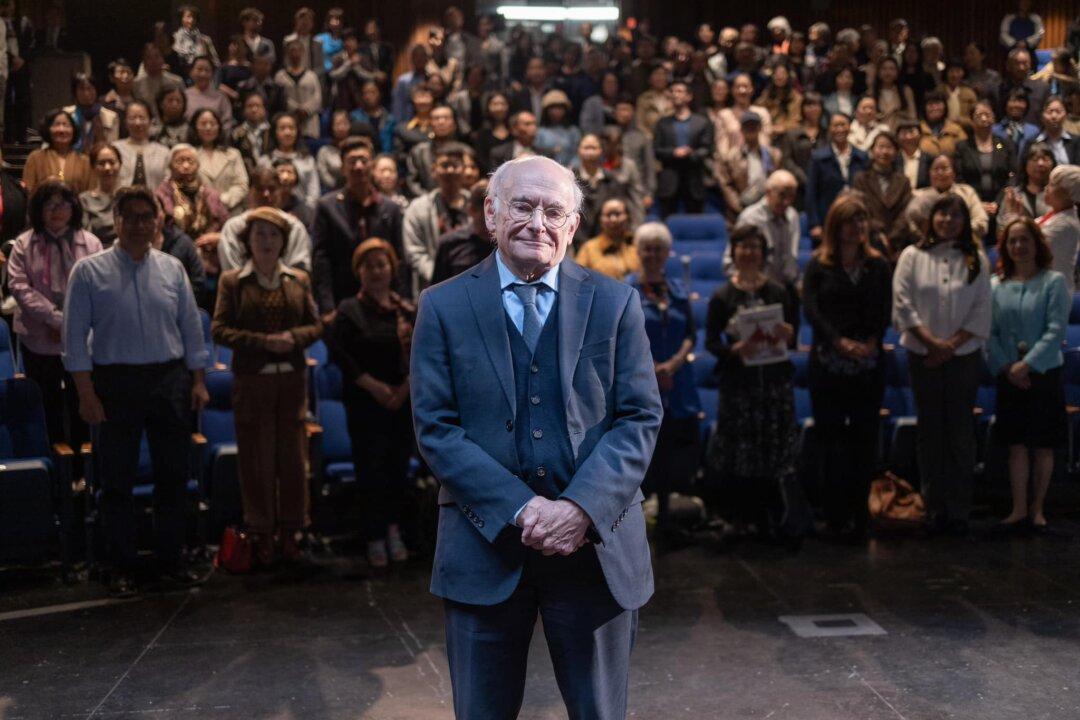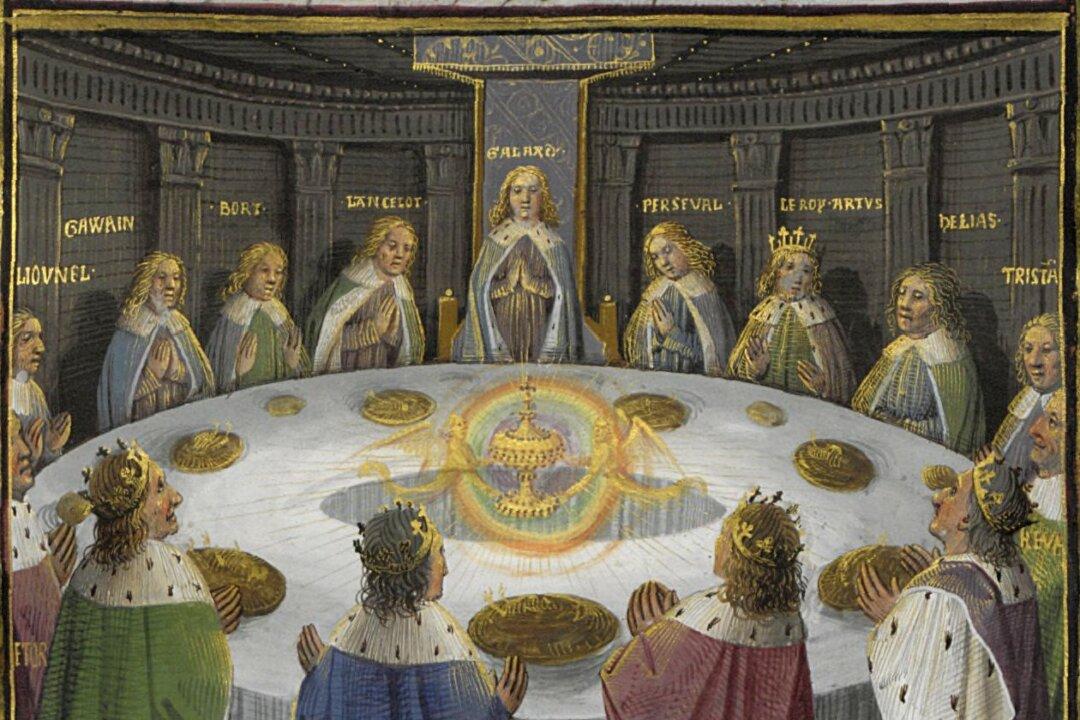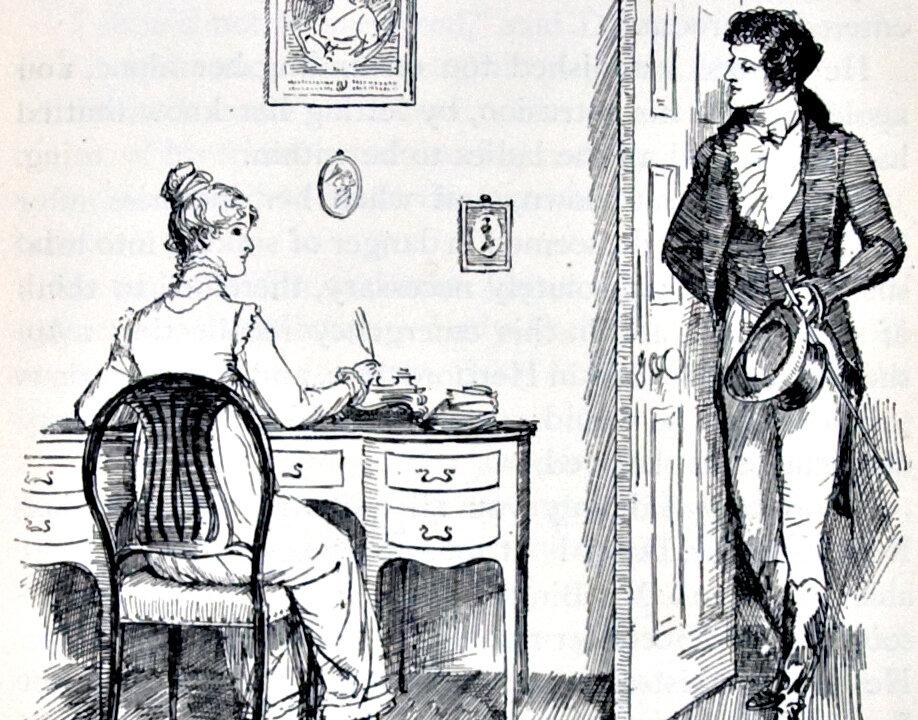TORONTO—What does parenthood mean to us? Whether we have children or not, we can’t avoid this question as we go through our lives. Parenthood is fundamental to us as human beings, and questioning whether to have children forces us to re-examine who we are and what our place in the world is.
Anna Chatterton’s play “Within the Glass,” currently running at the Tarragon Theatre in Toronto, explores this question through two couples who have sought in-vitro treatments to conceive a child.
A clinical error implants two couples with the other’s embryos. One embryo takes, and the woman is pregnant with the other couple’s child. It is a mishap of technology that leads the characters to face this fundamental question: what does parenthood mean to each of them?
The scene of the play takes place as the couples meet for the first time for dinner in the home of Darah (Philippa Domville) and Michael (Rick Roberts). Scott (Paul Braunstein) thinks they have come to announce they will terminate the pregnancy, whereas his wife Linda (Nicola Correia-Damude) says she has grown attached to the baby as her own and wants to adopt it. (The law in Ontario states that the biological parents have the right to the child).
However, Darah and Michael—who have undergone unsuccessful in-vitro treatments for more than six years—are unwilling to relinquish their last hopes of having a family. They are in their mid-forties, and successful treatments have become unlikely.
Scott and Linda are much younger and already have a little girl. Linda eventually agrees to give Darah and Michael the baby once it’s born; however when Michael asks her to sign a contract renouncing all rights, she feels betrayed and suddenly changes her mind.

Rick Roberts, Philippa Domville, Nicola Correia-Damude, Paul Braunstein in "Within the Glass." Cylla von Tiedemann
|Updated:
Fundamentally, the play explores the question of selflessness and what it means to put others' needs before one's own.




